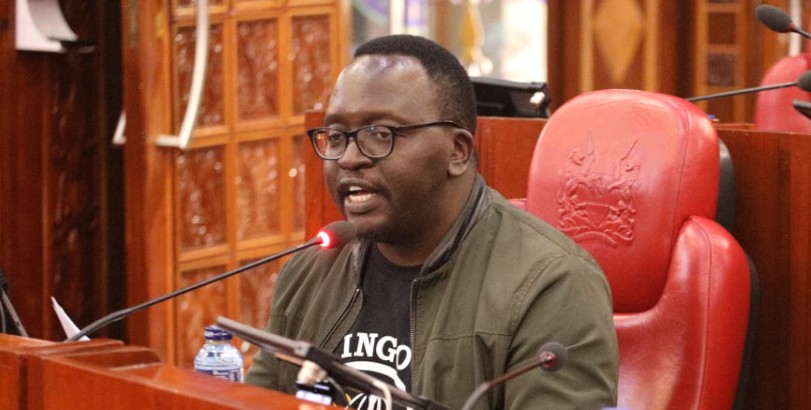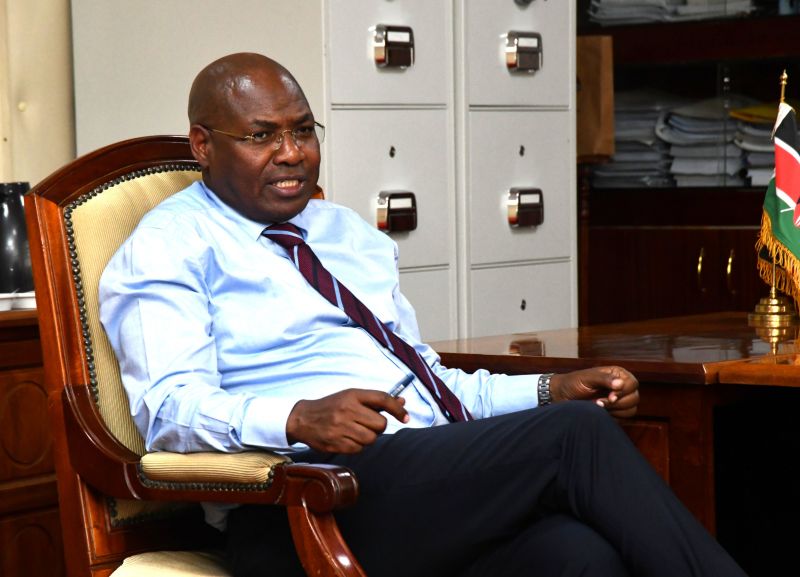Private hospitals warn of health crisis as over 1,400 facilities shut down or downgraded

The hospitals association warned that the closures are already undermining access to critical healthcare services across the country.
Private hospitals have criticised the recent closure and downgrading of more than 1,400 health facilities, terming the move unprocedural and riddled with data inconsistencies. They claim the affected institutions were not given a fair opportunity to meet newly introduced compliance standards.
Appearing before the National Assembly Committee on Health, the Rural and Urban Private Hospitals Association of Kenya (RUPHA) called on the Ministry of Health to halt the ongoing crackdown and initiate a transparent review process.
More To Read
- TSC confirms shift to SHA cover for teachers from December 1
- SHA transition sparks tension as teachers cite lack of consultation, legal violations
- Review meeting highlights barriers to immunisation, maternal health in Turkana
- TSC sued over teachers’ migration from MINET insurance to SHA
- Court of Appeal postpones hearing on constitutionality of Health Acts
- 1,567 injured police officers compensated, says Mwangangi as Senate pushes for transparency
The association warned that the closures are already undermining access to critical healthcare services across the country.
RUPHA Chairperson Brian Lishenga said the Ministry of Health had closed 983 facilities and downgraded 487 others without due administrative action, adding that the affected institutions had not been granted sufficient time to meet compliance requirements, including increasing bed capacity.
Hospital data
He accused the Social Health Authority (SHA) of tampering with hospital data, claiming that bed capacity information for several private hospitals had been deleted from the SHA digital system, leading to their erroneous classification as non-compliant.
“Our concern is that the administrative action being taken against private hospitals is unprocedural. The number of beds in private hospitals is deleted digitally, and when one checks on the SHA portal, it reflects that the hospital has zero beds,” he said.
He argued that instead of sudden closures, private hospitals should be given time to upgrade and align with new standards.
“It is scary for the health minister to say they would rather remain with 100 facilities when we have issues of accessing medical facilities. What happens to pregnant mothers who depend on such facilities?” Lishenga posed.
Corruption within SHA
The RUPHA chairperson further alleged corruption within SHA, saying private hospitals were being asked to pay bribes to have their funds released.
“Private hospitals are being asked for money to have their monies released to them,” Lishenga said, urging the ministry to hand over responsibility for hospital ratings to the Kenya Health Professional Oversight Authority (KHPOA) to ensure fairness and accountability.
Health Cabinet Secretary Aden Duale had defended the ministry’s move, saying the crackdown was part of broader reforms to uphold patient dignity and ensure quality services.
“SHA will only pay for the licensed bed capacity. The issue of claiming for those who are sleeping on the floor will not arise,” Duale said.
Actual bed capacity
He emphasised that facilities are only licensed based on their actual bed capacity, and only those reflected on the updated SHA portal would be reimbursed.
“The bill of quality and safety safeguards the dignity of the patient. There is no more sleeping in a shared bed,” he added.
Duale disclosed that the ministry, together with SHA, the Kenya Medical Practitioners and Dentists Council (KMPDC), and the Digital Health Agency (DHA), had already closed 983 non-compliant facilities and downgraded 487 others in a nationwide exercise.
“This is a critical step toward guaranteeing quality care and eradicating quack practices,” he said.
The CS maintained that all health facilities, including private and faith-based, must meet minimum standards or risk losing their operational licenses.
However, Council of Governors Chair Muthomi Njuki expressed concern over the readiness of public facilities to meet the same benchmarks, noting that many have not updated their bed capacity records with KMPDC.
“We are requesting the ministry to update the bed capacity, to give time, and to pay the hospital claims. Should there be any fraud committed, the ministry shall recover the funds. Meanwhile, let our patients not suffer,” Njuki said.
Top Stories Today
















































